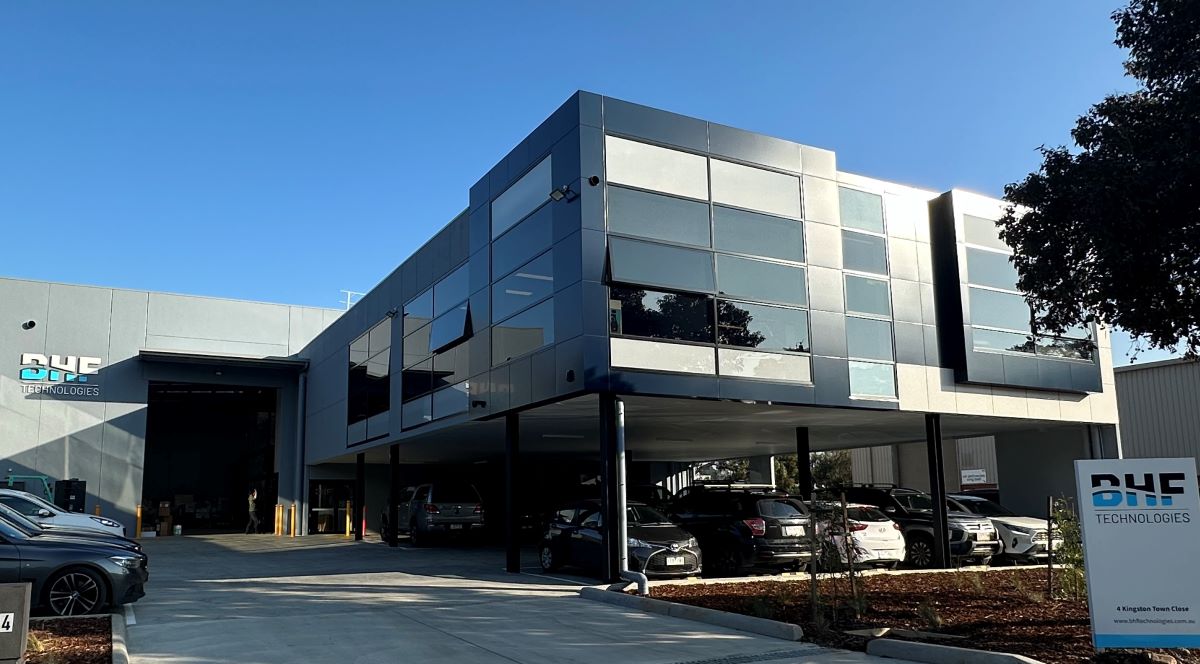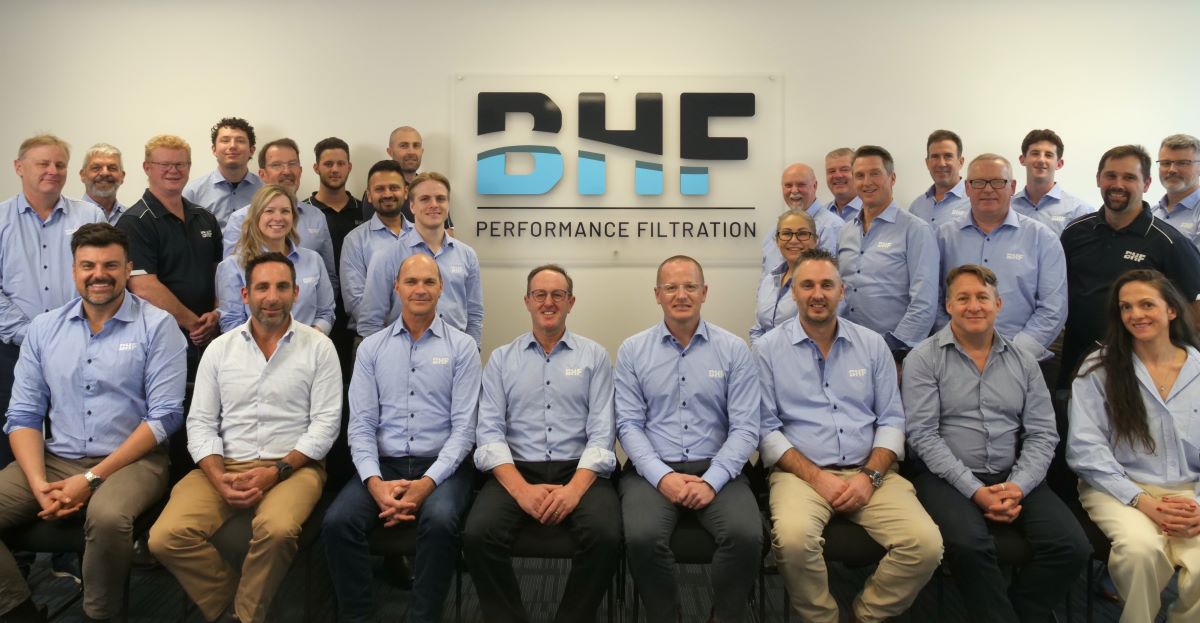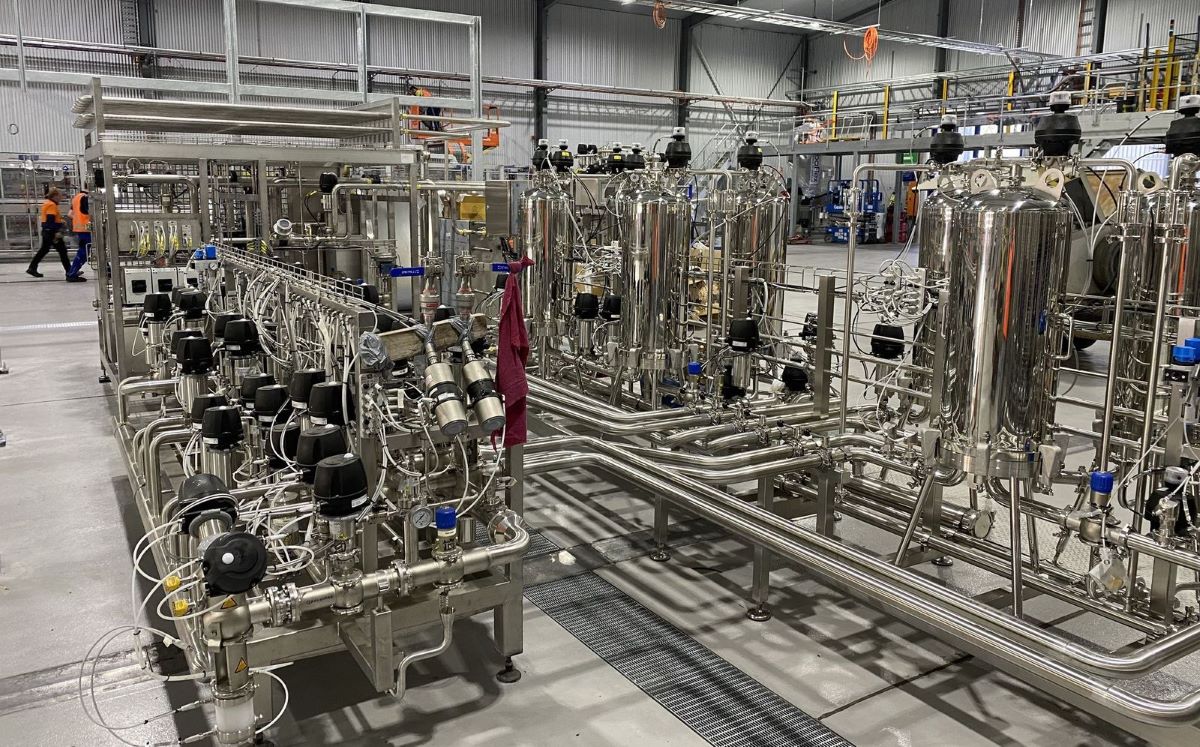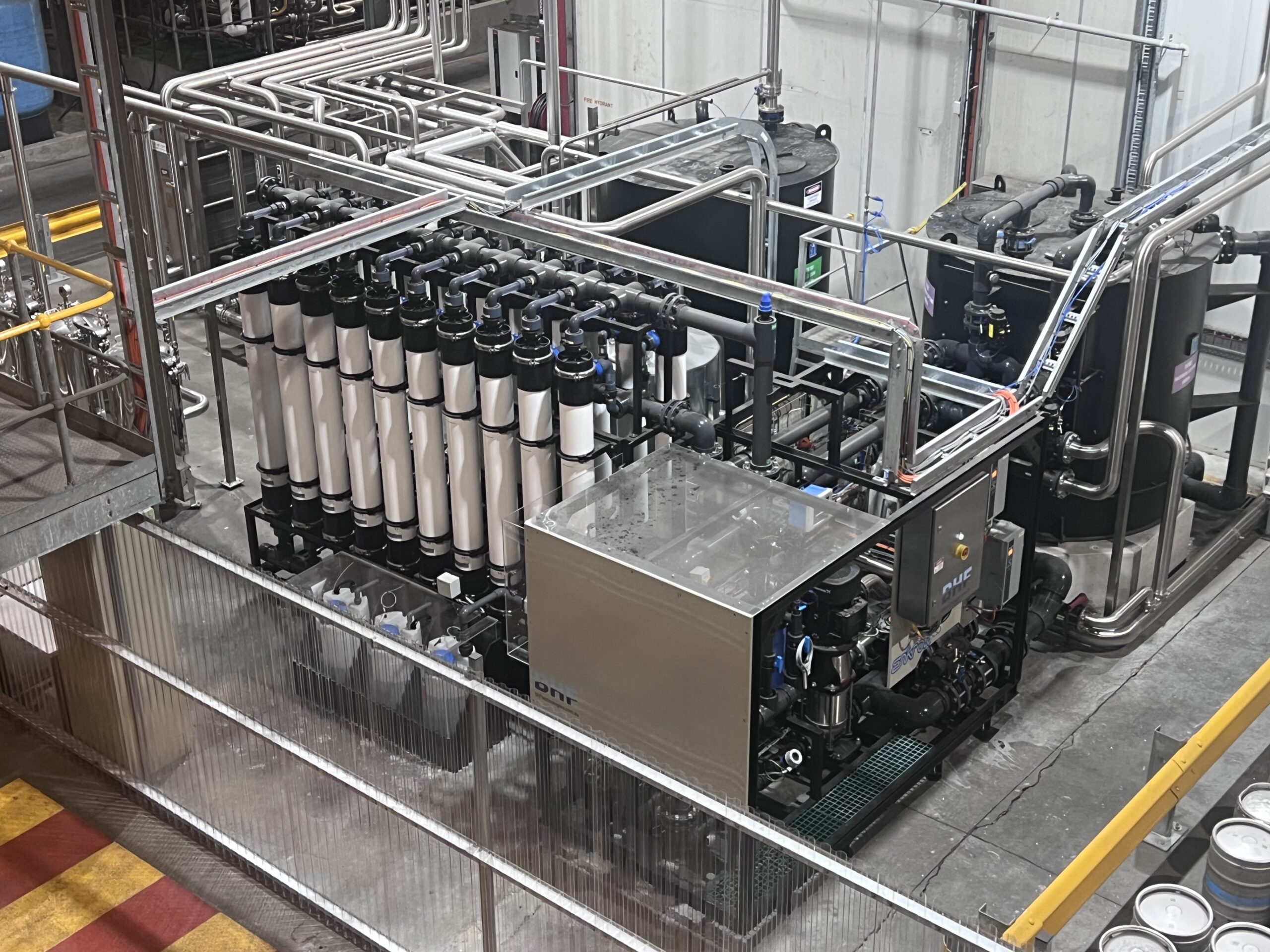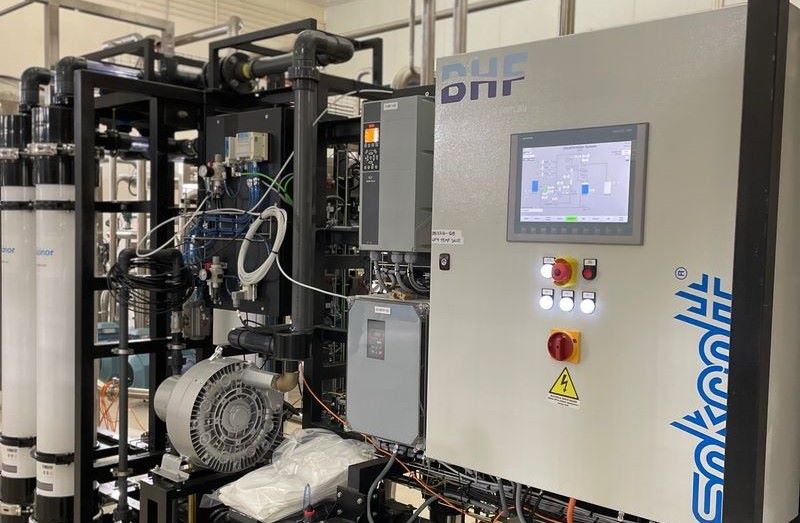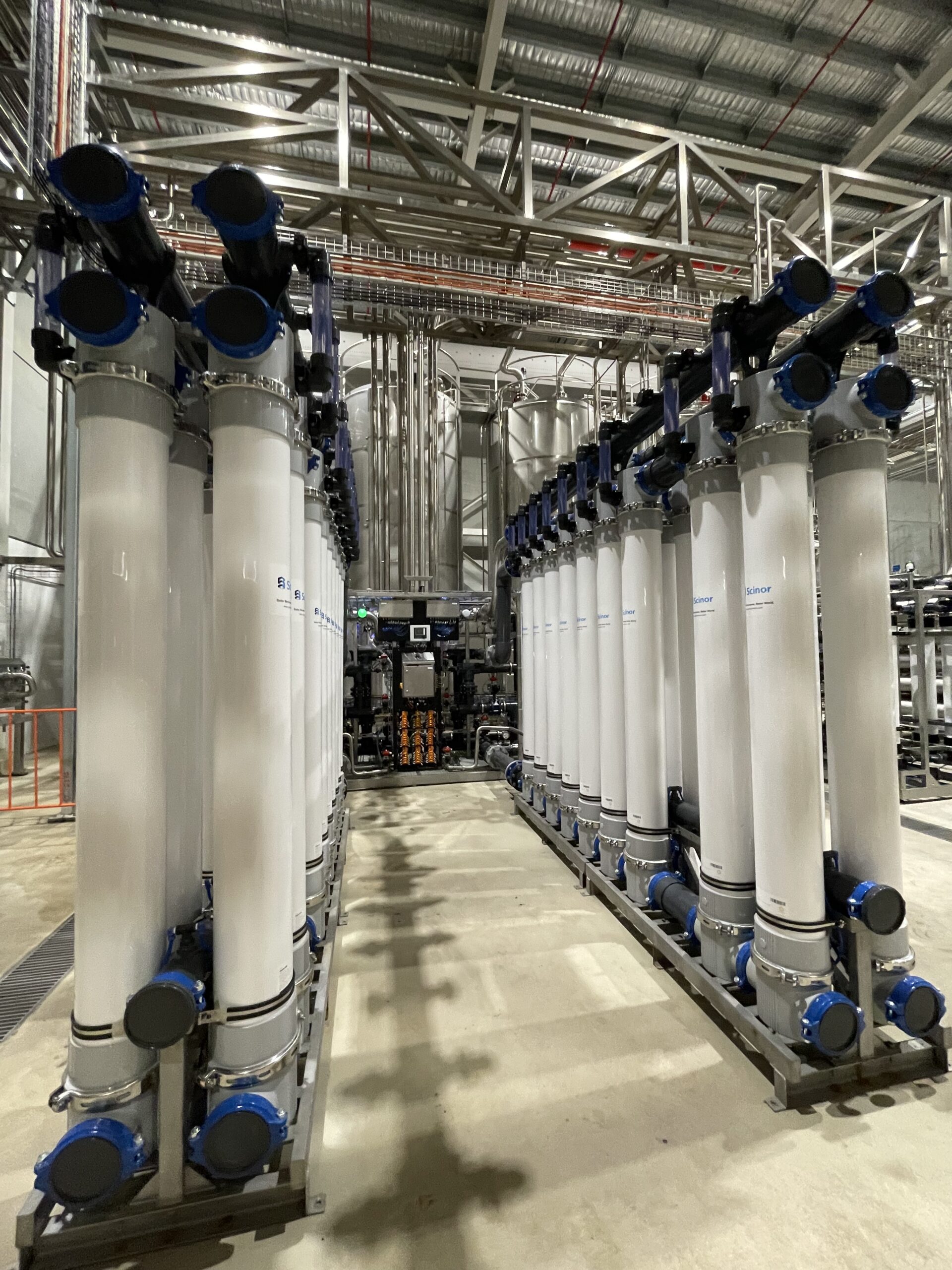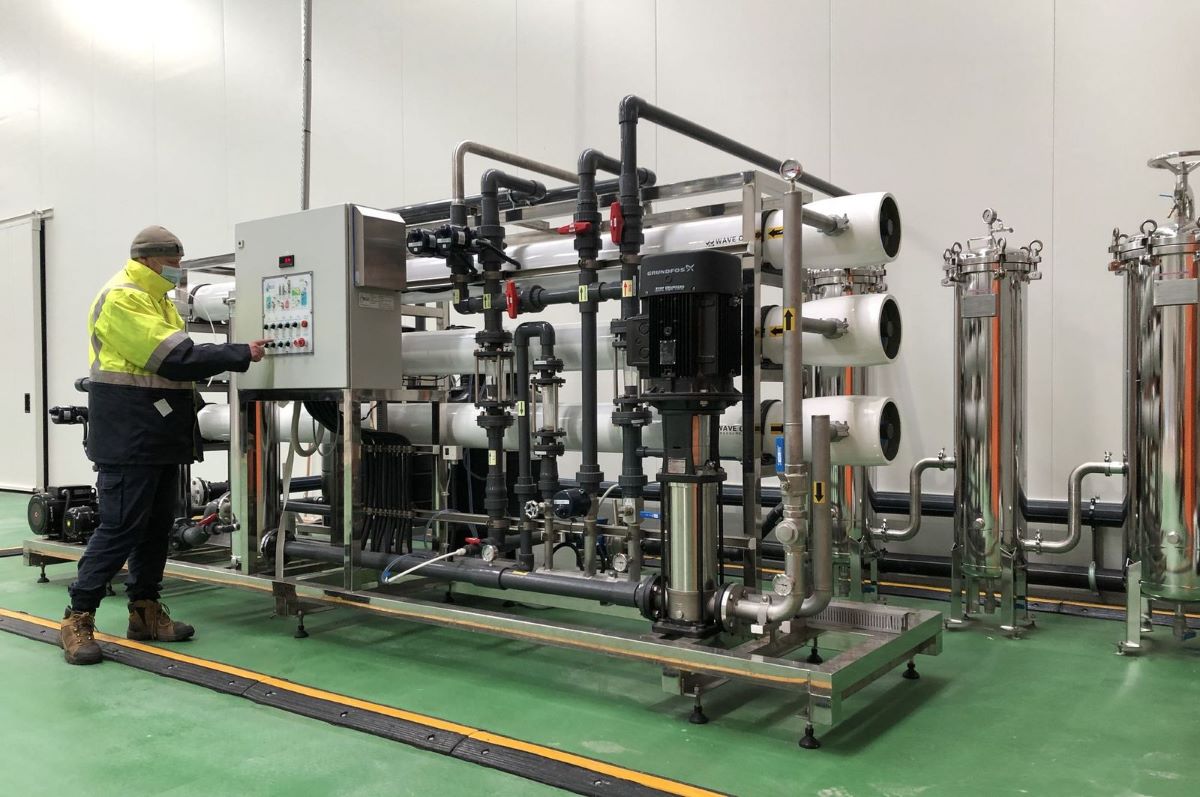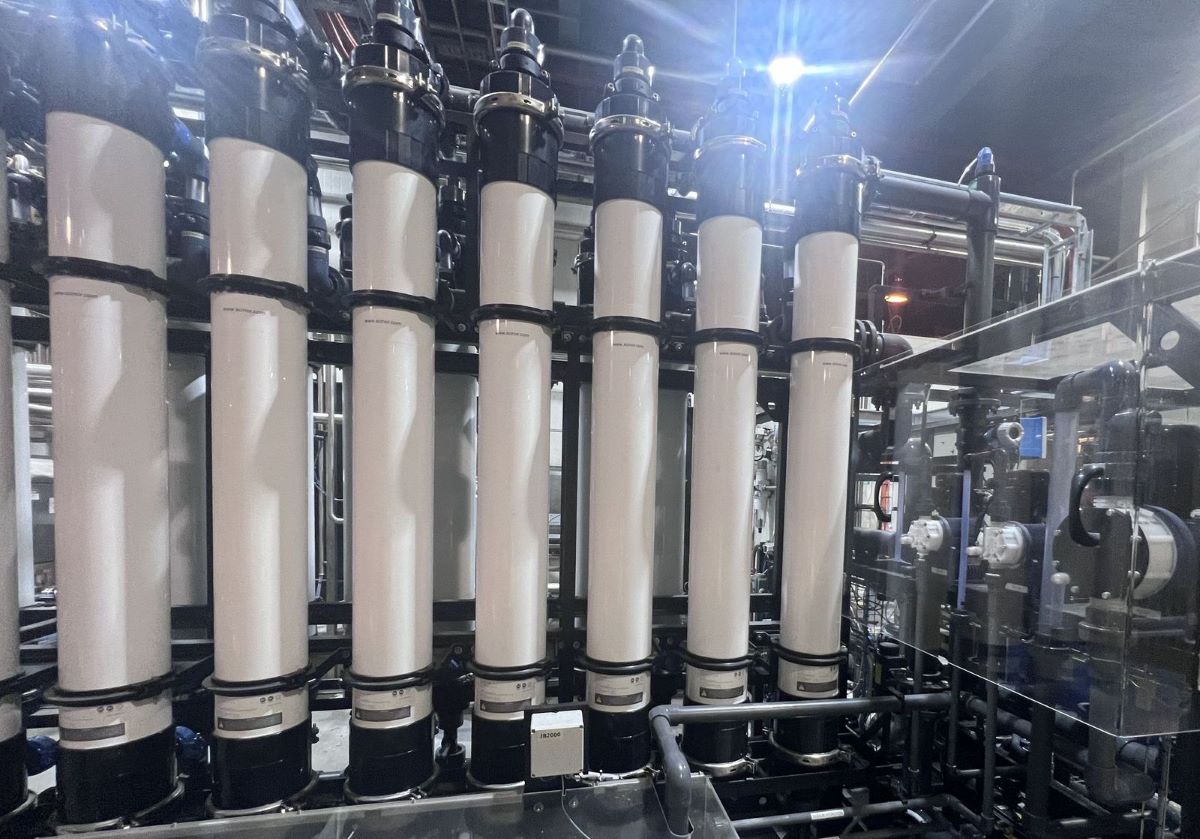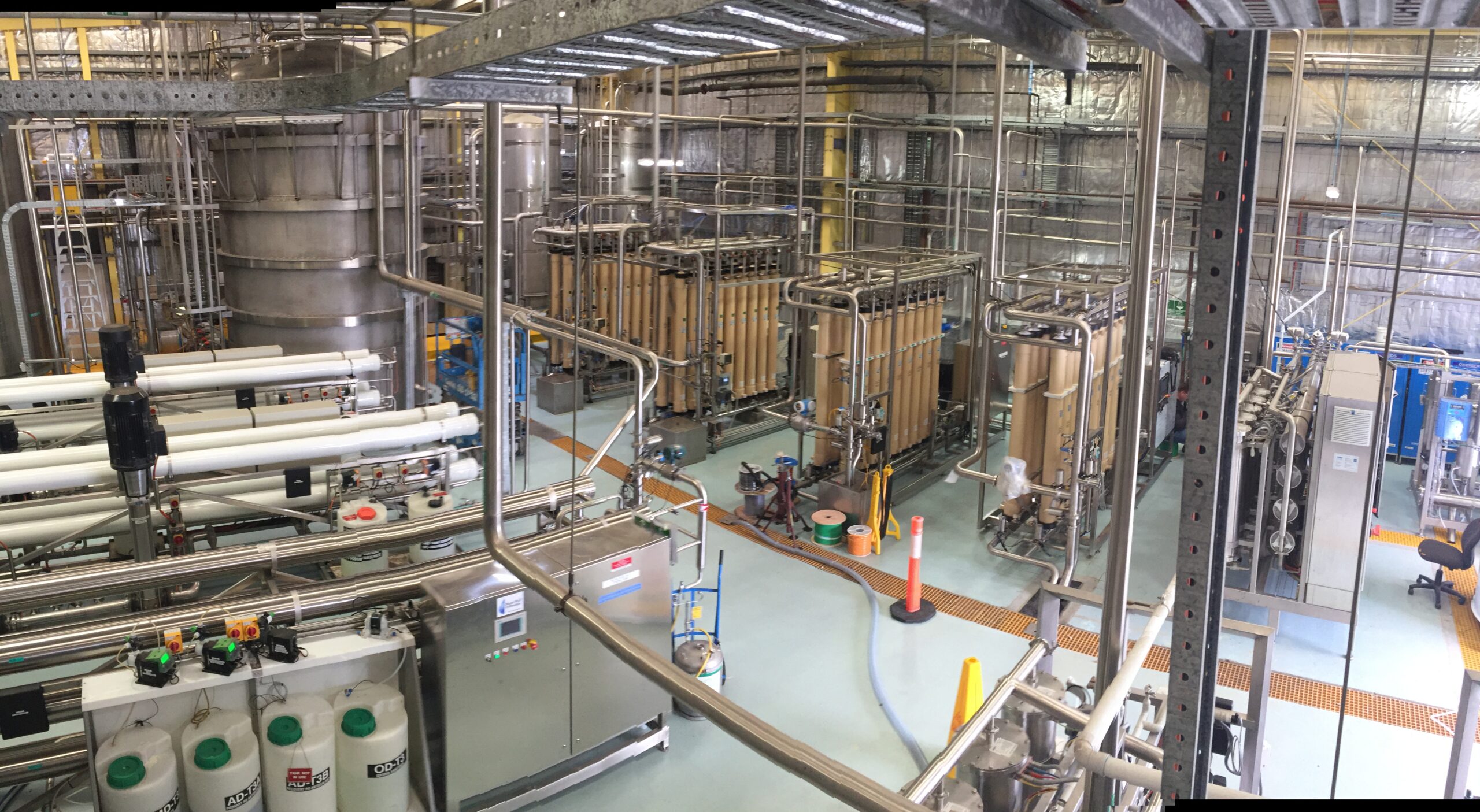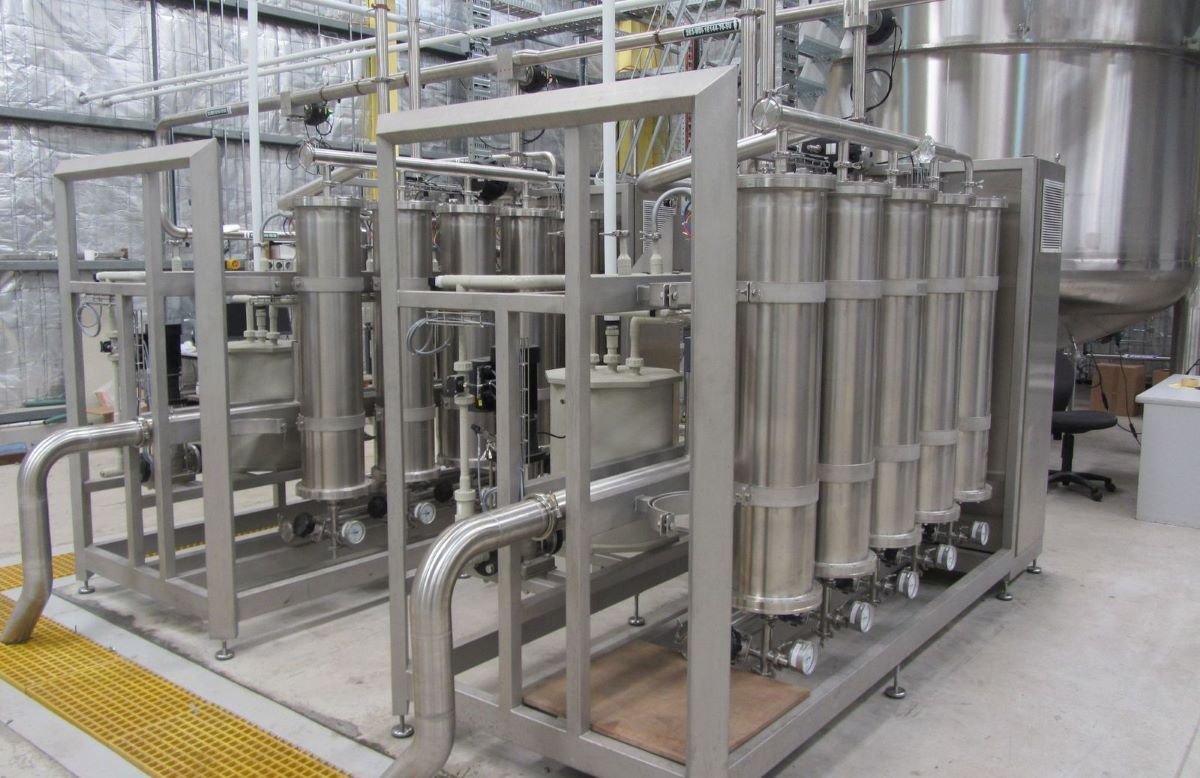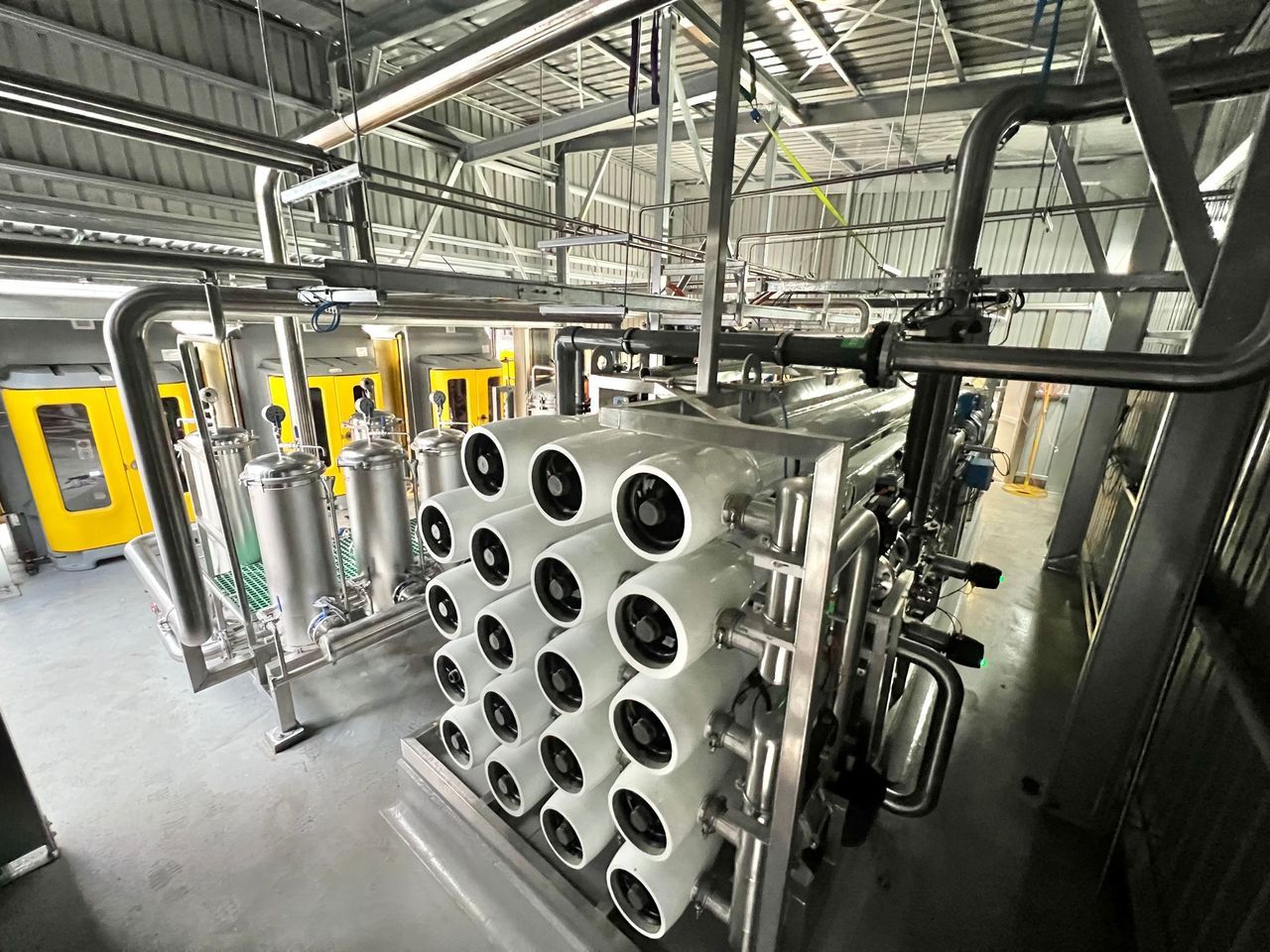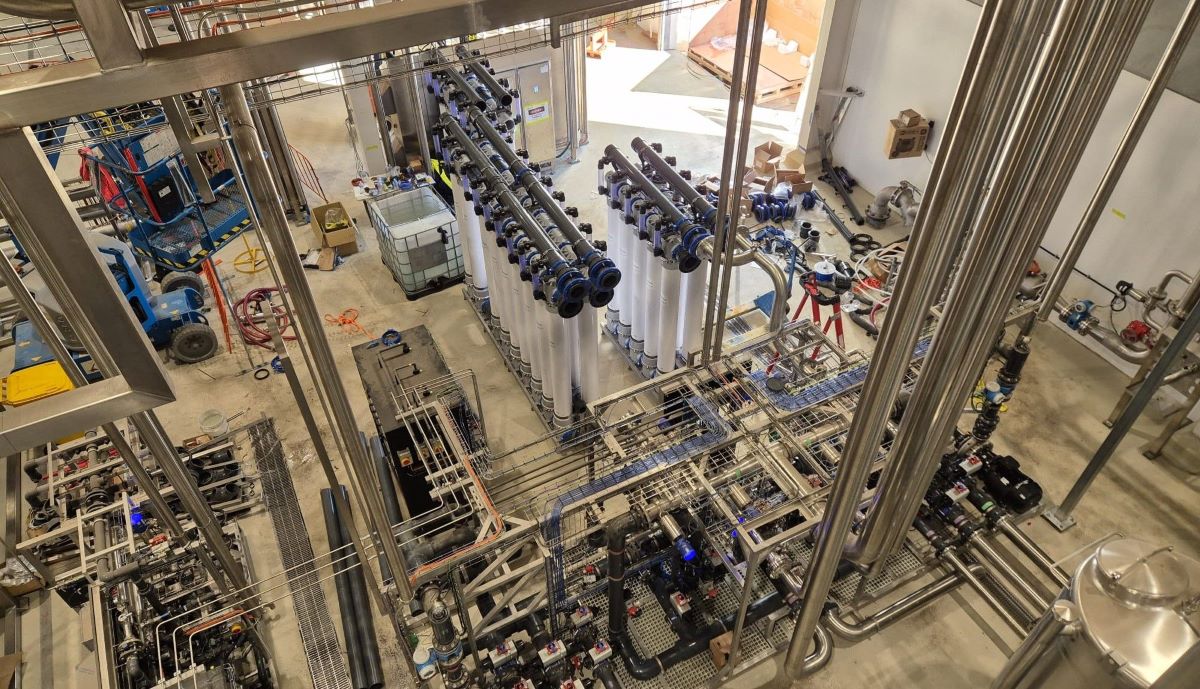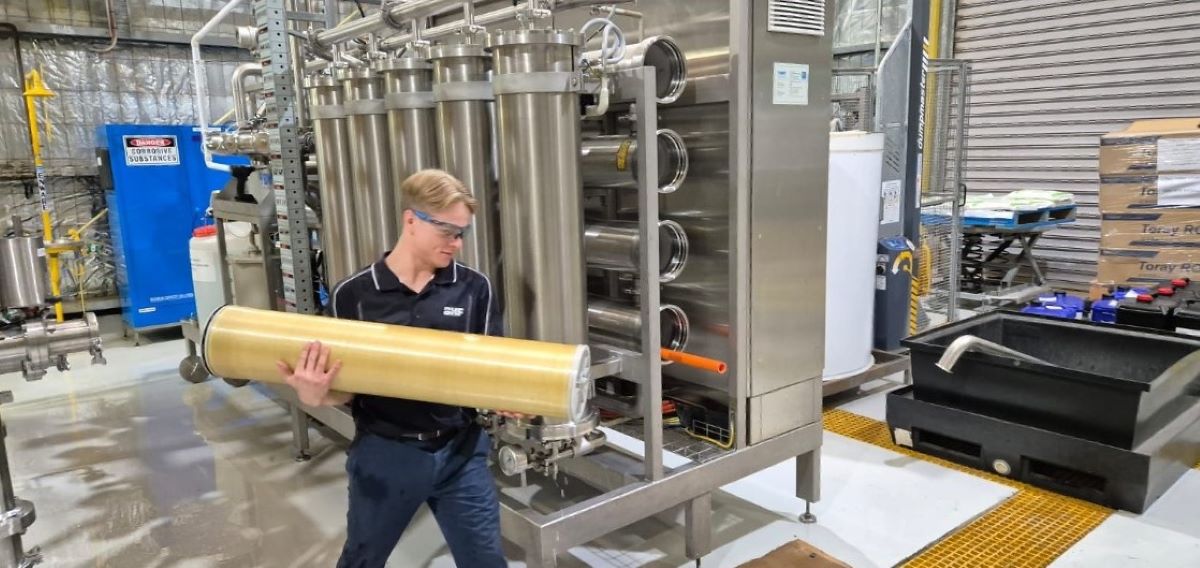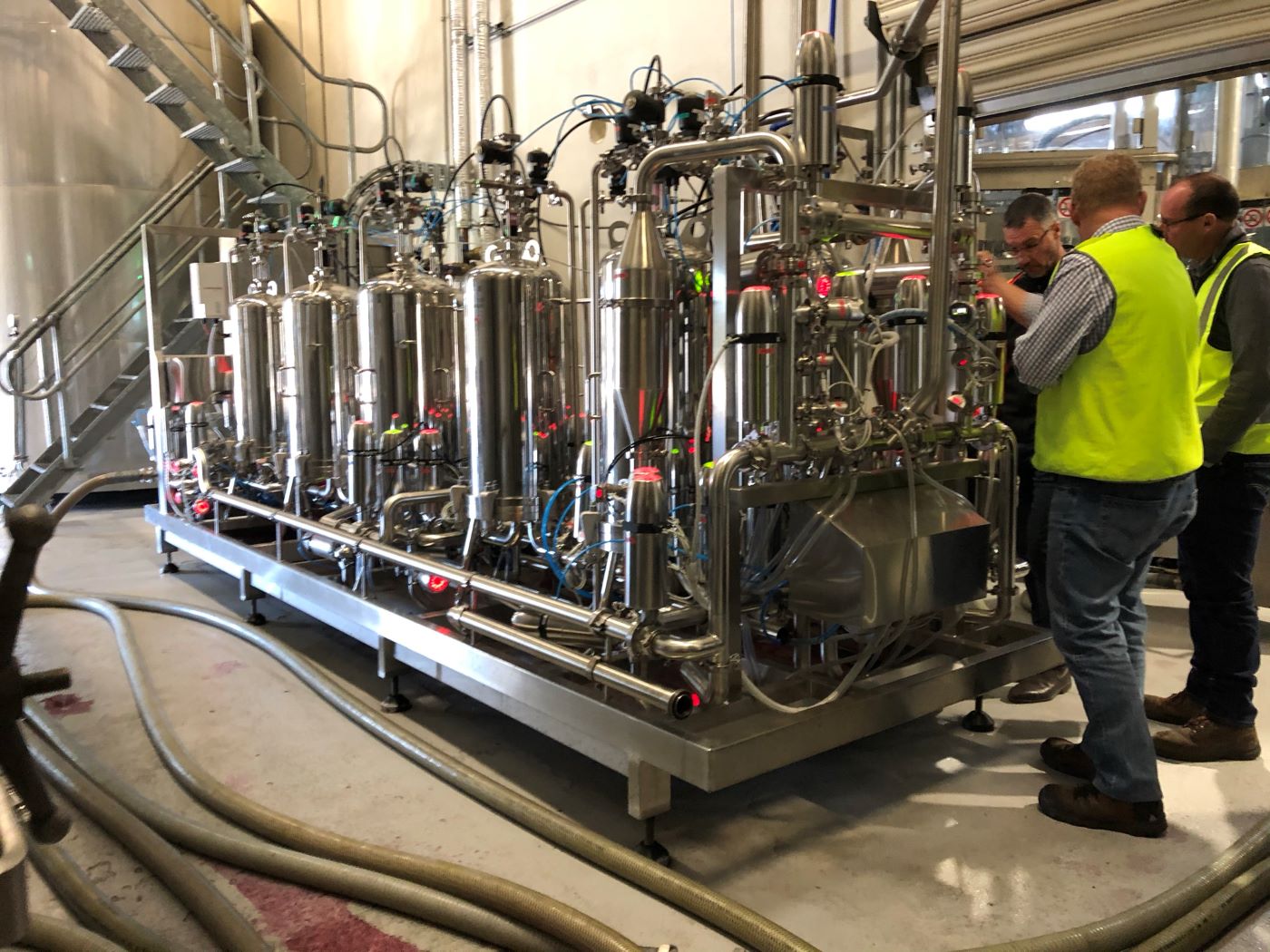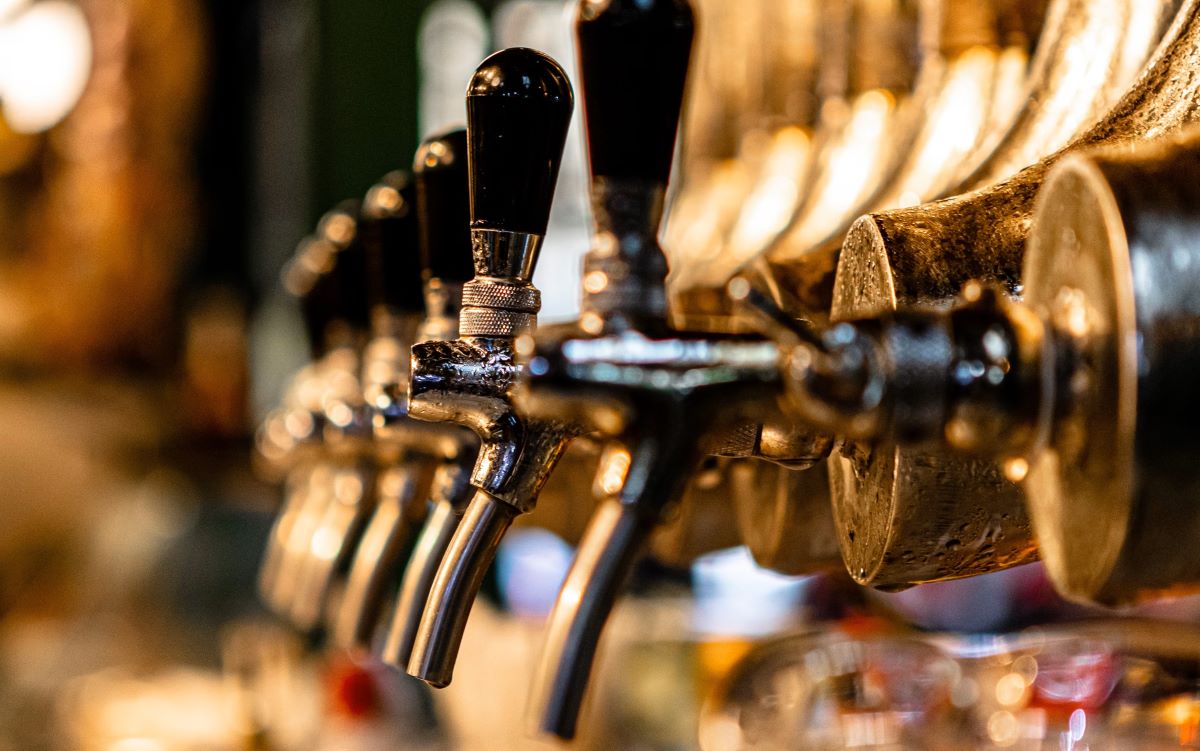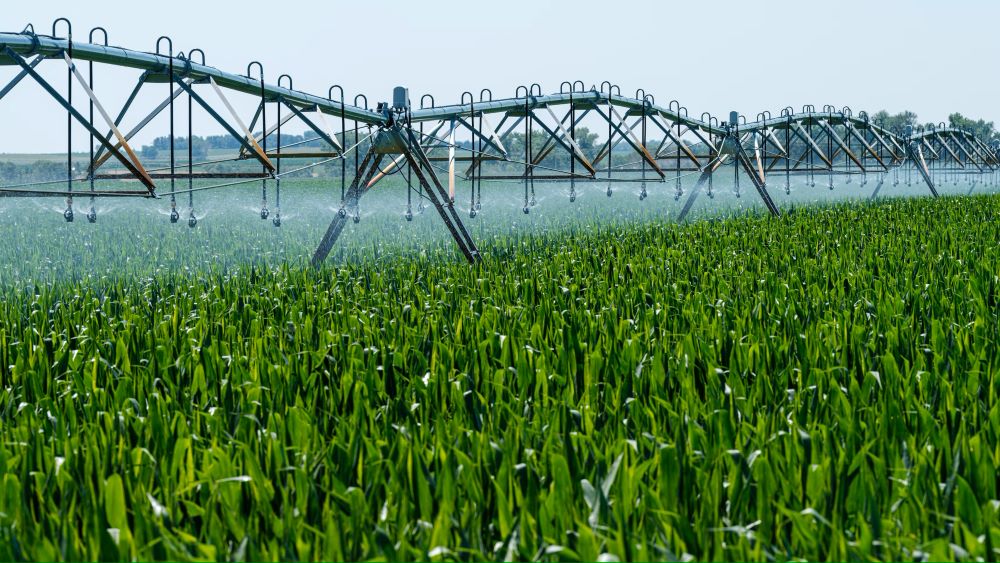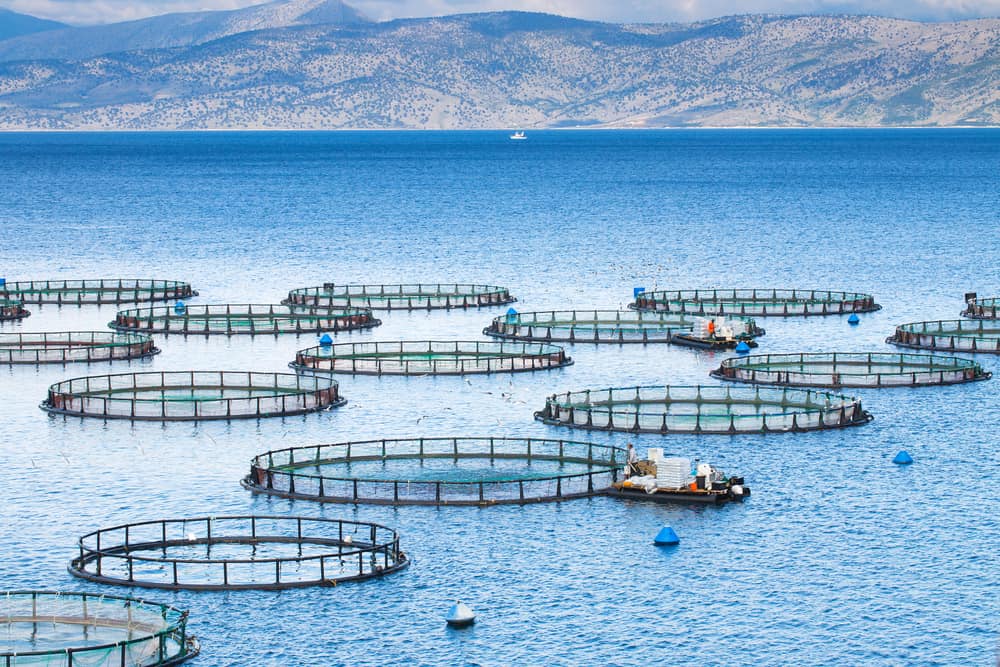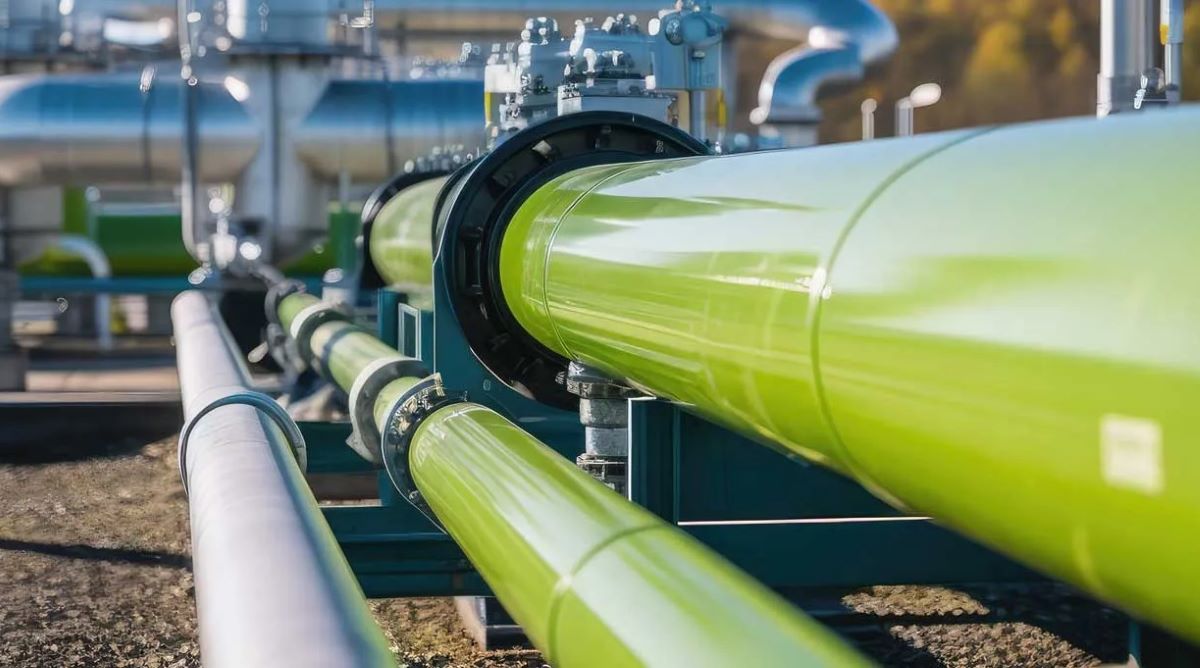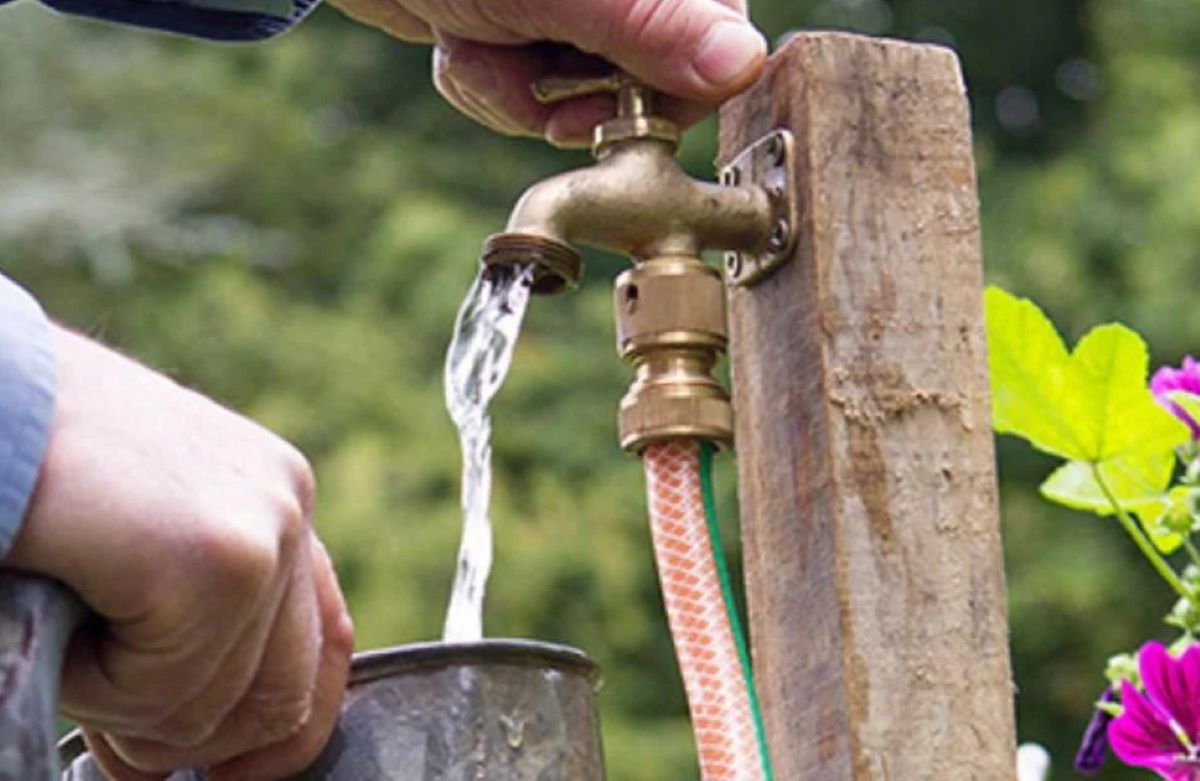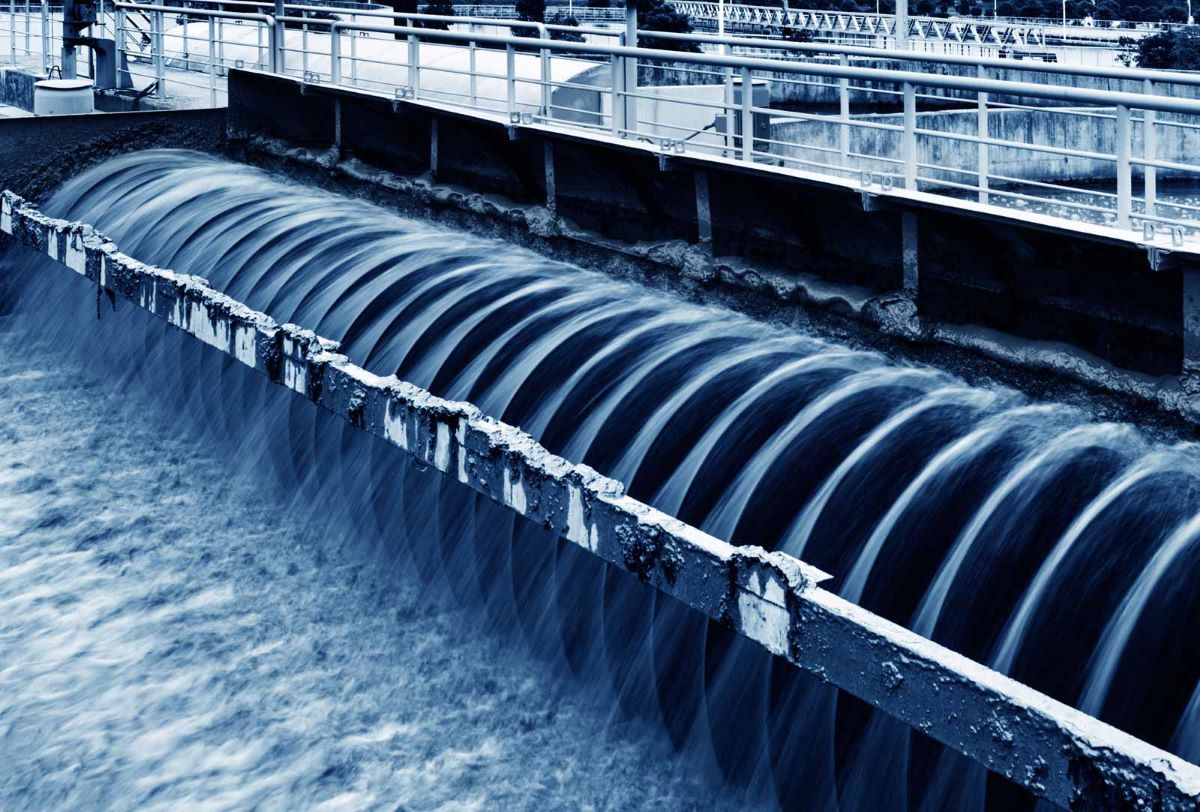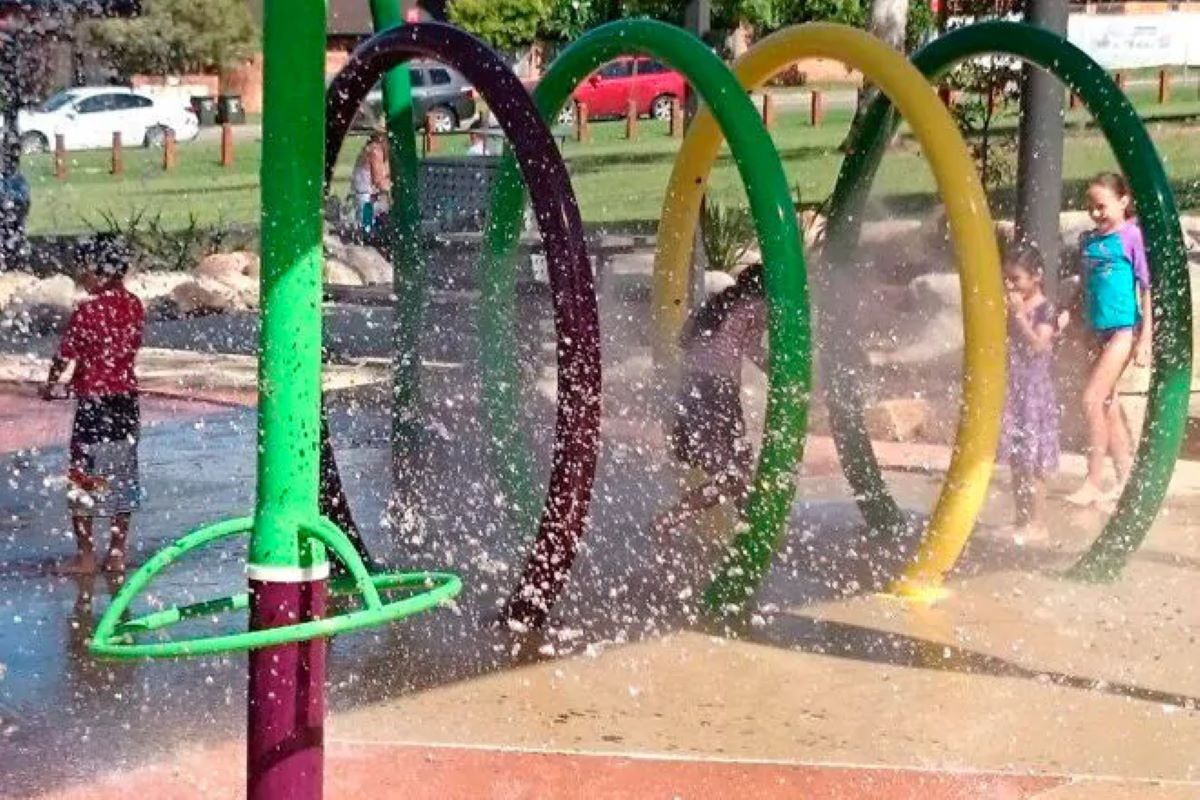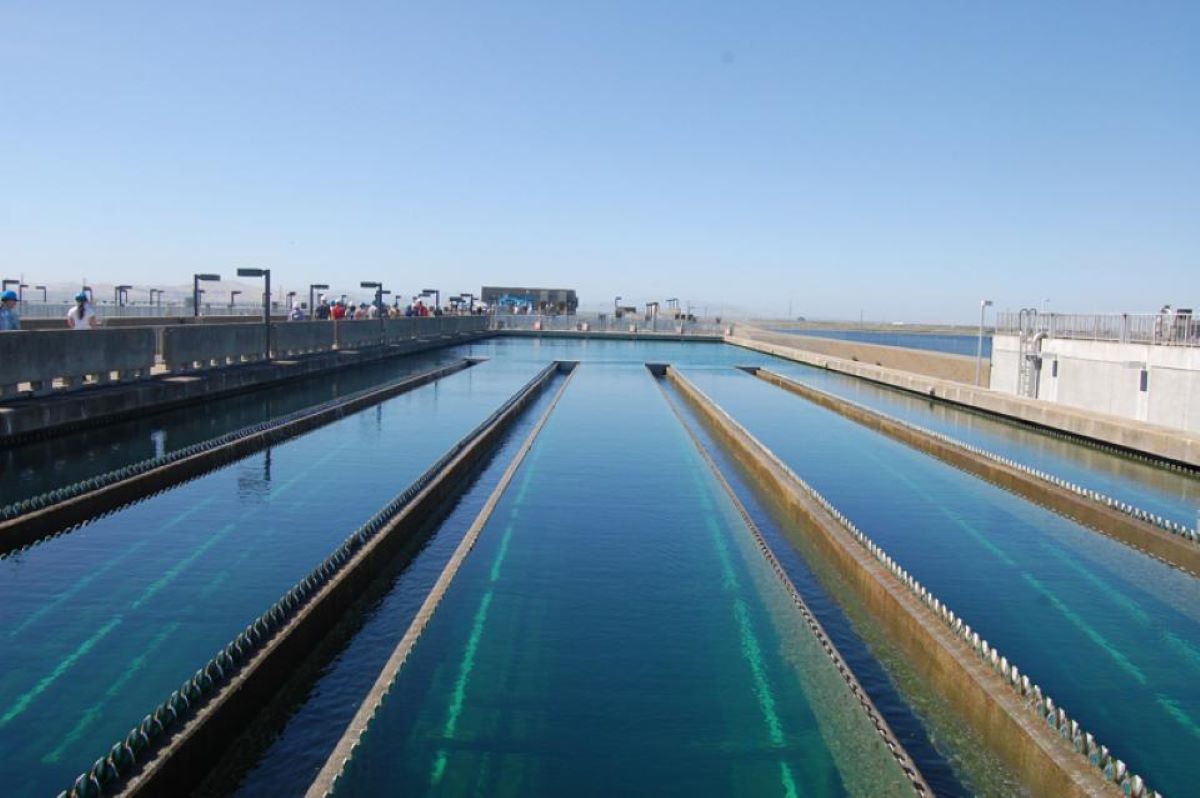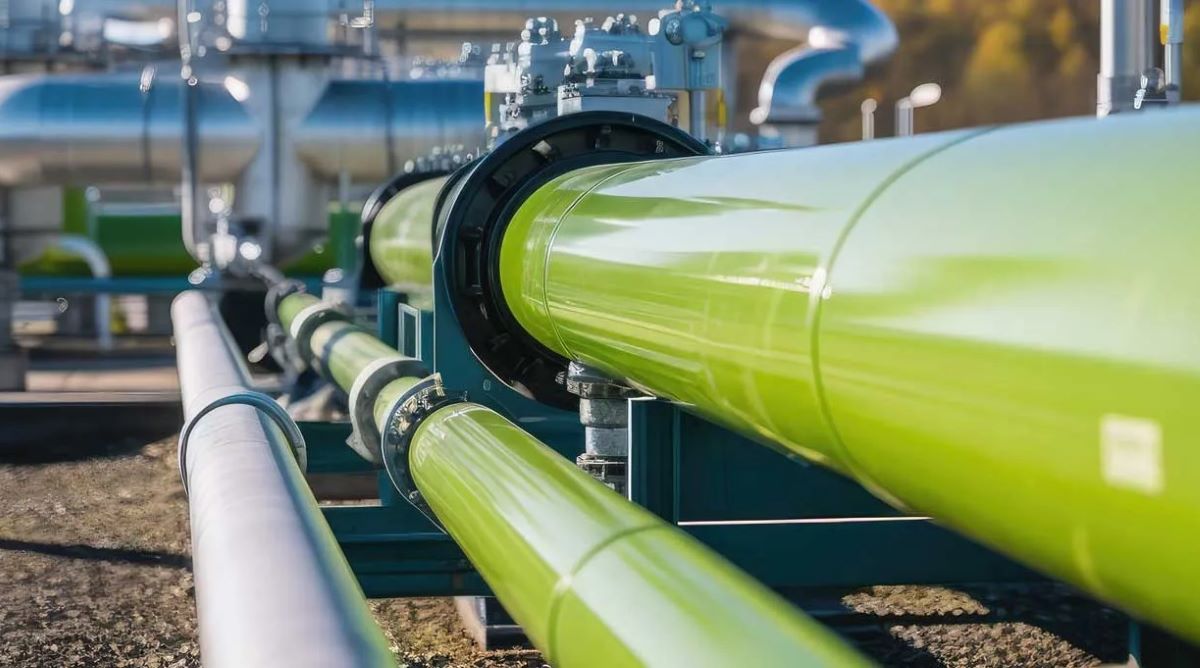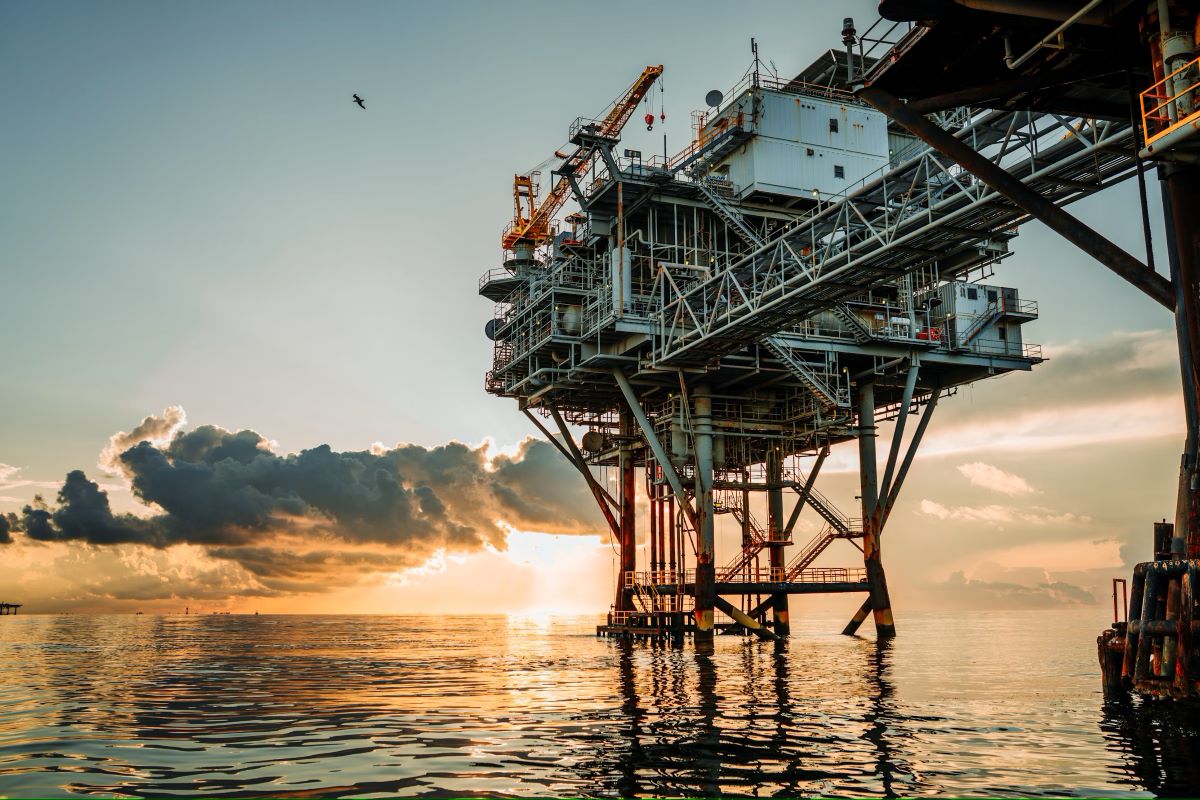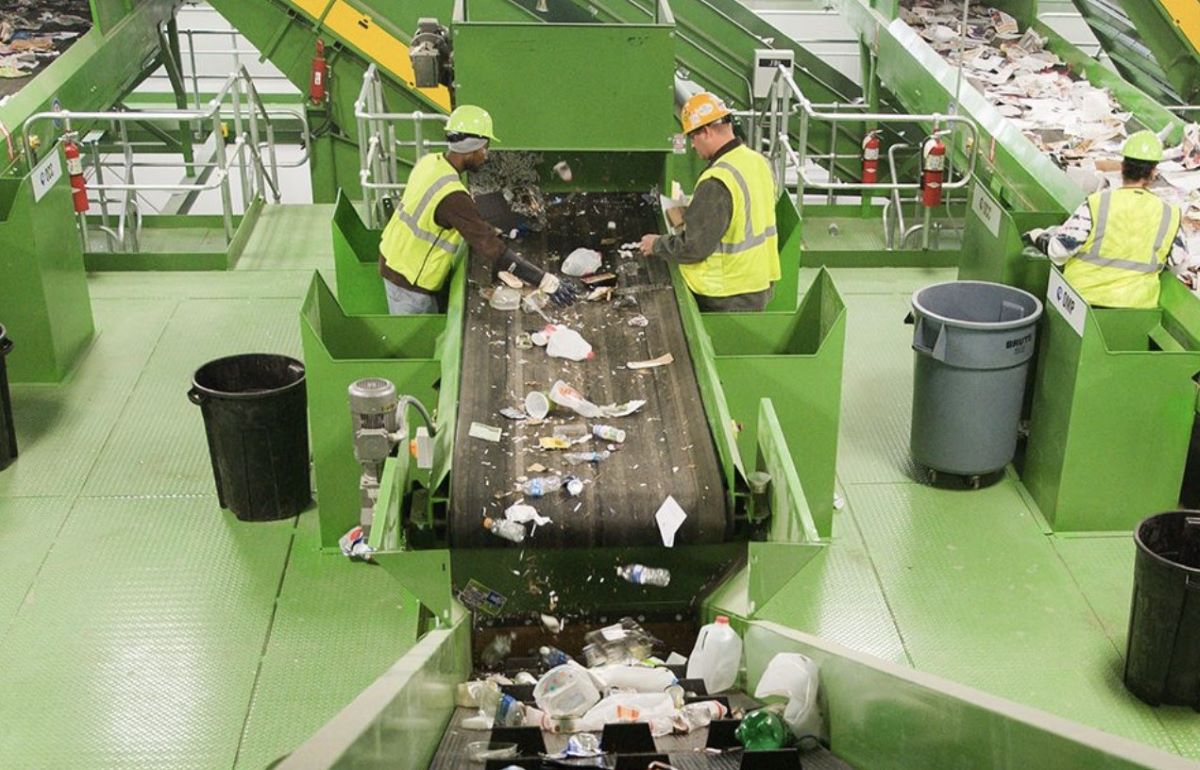Filter Maintenance Demystified: When to Replace and When to Hold Off
Proper filtration is critical for maintaining efficiency, ensuring quality, and meeting compliance standards across various industries. However, deciding when to change filters and when it’s safe to wait can be tricky. Replacing filters too early can drive up costs unnecessarily, while waiting too long can lead to operational inefficiencies or even product contamination. Here’s a practical guide to help you strike the right balance.

When to Replace Filters
Pressure Drop Reaches Critical Levels
Filters operate most effectively within a specific pressure range. When a significant pressure drop occurs, it’s a sign that the filter is clogged and no longer functioning efficiently. Ignoring this can strain your system, increasing energy costs and potentially causing equipment failure.
Decreased Product Quality
If you notice changes in your output—such as clarity in liquids, purity in chemicals, or inconsistencies in final products—it could indicate a compromised filter. Replacing it ensures your product meets quality standards and regulatory requirements.
Manufacturer’s Recommended Lifespan
Adhering to the manufacturer’s guidelines for filter replacement ensures consistent performance. These recommendations are based on extensive testing to balance filter durability and efficiency.
Frequent Downtime
Persistent clogs or malfunctions could mean your filters are overdue for replacement. Regularly changing filters helps reduce unexpected downtime and prolongs the lifespan of your equipment.
When to Hold Off on Filter Changes
Filters Are Within Optimal Performance Range
Advanced filtration systems often include monitoring tools to measure a filter’s performance. If metrics like pressure drop, flow rate, and filtration quality remain within acceptable limits, it may not be necessary to replace filters prematurely.
Light Usage
If your system isn’t operating at full capacity or is used intermittently, filters may last longer than expected. Assess operational intensity to determine replacement schedules.
High-Quality Filters in Use
Premium filters with longer lifespans or self-cleaning capabilities may not need frequent replacement. Regular maintenance checks can confirm whether these filters continue to perform effectively.
Cost vs. Benefit Analysis
Changing filters too early can increase operational costs without significant benefits. Conduct a cost-benefit analysis to determine whether the expense of replacement outweighs the risks of keeping filters in place.
Striking the Balance
The key to effective filter management lies in monitoring and maintenance. Regular system checks, accurate performance data, and an understanding of your system’s needs will help you determine the right time for filter changes.
By balancing timely replacements with cautious evaluation, you can optimise performance, reduce costs, and extend equipment life—all while maintaining compliance and quality.
Need expert advice or assistance with your filtration needs? Explore our Filtration products and Hardware, and contact BHF for tailored solutions and comprehensive support.
